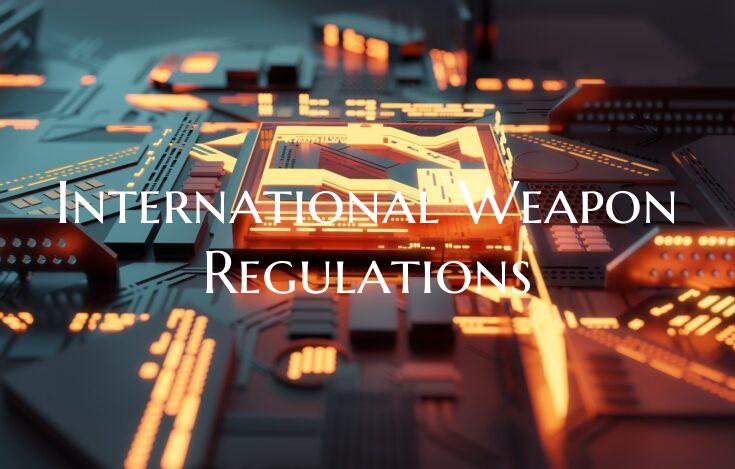International Weapon Regulations
International Weapon Regulations: Ensuring Global Security
In an increasingly interconnected world, where borders are becoming more porous and threats can transcend national boundaries, international cooperation on regulating weapons has never been more vital. Weapon regulations at the international level serve as a crucial mechanism to prevent the proliferation of arms, limit armed conflicts, and protect human lives.
One of the primary objectives of international weapon regulations is to maintain peace and security among nations. Through treaties, agreements, and conventions, countries seek to establish norms and standards governing the production, transfer, and use of weapons. By setting clear rules and guidelines, these international frameworks aim to minimize the risk of conflicts escalating into full-scale wars, thereby safeguarding global stability.
Moreover, effective weapon regulations help counter the illicit arms trade, which fuels organized crime, terrorism, and civil unrest. By imposing controls on the manufacturing and sale of weapons, the international community can curb the flow of arms to non-state actors and rogue regimes, reducing the likelihood of violent conflicts and human rights abuses.
Furthermore, international weapon regulations play a critical role in promoting disarmament and arms control measures. Treaties such as the Nuclear Non-Proliferation Treaty (NPT) and the Chemical Weapons Convention (CWC) aim to prevent the spread of weapons of mass destruction and encourage states to reduce their arsenals. By fostering transparency and confidence-building measures, these agreements contribute to building trust among nations and reducing the risk of armed confrontations.
In conclusion, international weapon regulations are essential for fostering peace, security, and stability in a world characterized by diverse security challenges. By upholding these regulations and bolstering cooperation among nations, the global community can work together to build a safer and more secure world for present and future generations.

